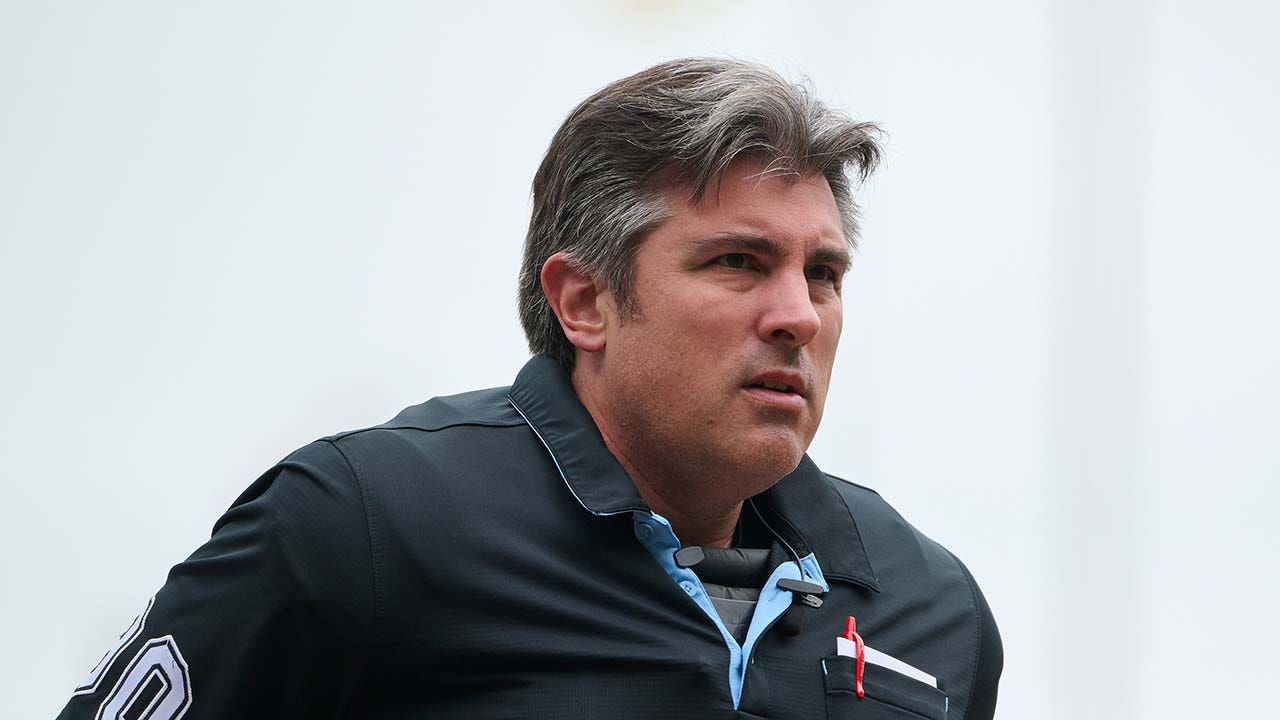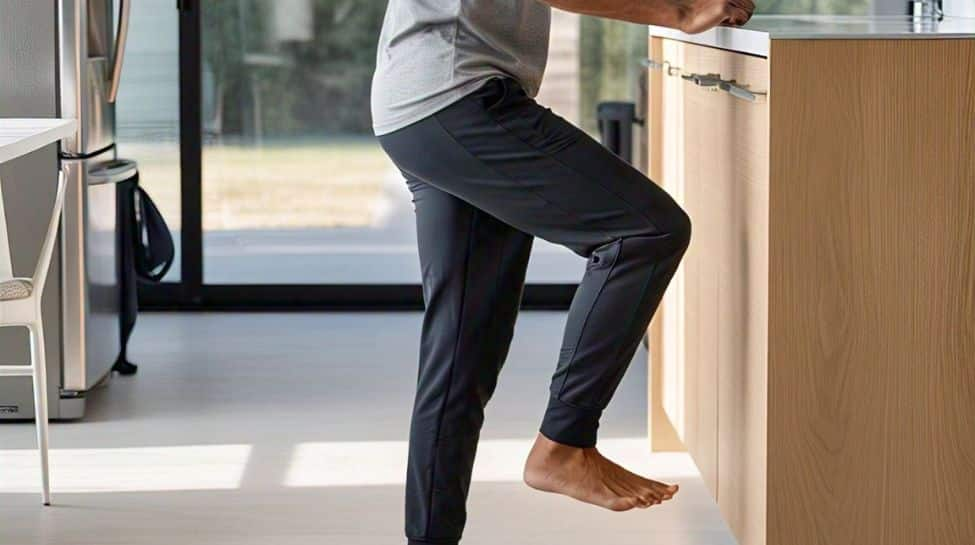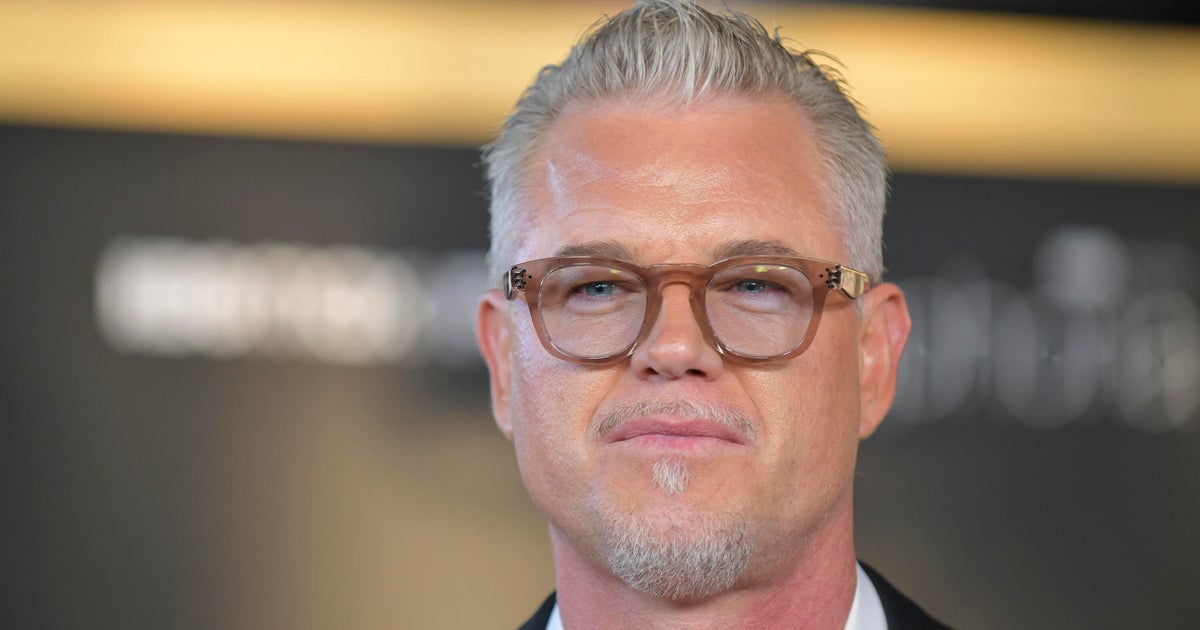Rick Levine, an award-winning television commercial director who brought a big-screen sensibility to the small screen with widely celebrated spots, including a Diet Pepsi Super Bowl ad from the 1980s featuring Michael J. Fox risking life and limb for love, died on March 11 at his home in Marina del Rey, Calif. He was 94.
The death was confirmed by his daughter Abby LaRocca.
Mr. Levine was a product of what is often called the golden age of advertising. He rose in the business through the “Mad Men” era of the 1960s and founded his own company, Rick Levine Productions, in 1972. It was a time when network television held a hypnotic sway over the average American household and advertising, like so many other cultural arenas of the era, was exploding in creativity.
Often serving as his own cinematographer, Mr. Levine approached his big-budget commercials like a director of Hollywood blockbusters.
“We decided to make our ads look as good as films,” he said in a 2009 interview with DGA Quarterly, published by the Directors Guild of America. “I would direct and shoot, so I would have complete control.”
The Guild named him the best commercial director in 1981 and again in 1988, in particular for three specific spots.
Most notable among them was the Diet Pepsi commercial with Mr. Fox, which Mr. Levine made for BBDO New York. It was one of many ads he shot for Pepsi.
Known as “Apartment 10G,” the commercial stars Mr. Fox as a timid New York professional who turns heroic after he hears a knock on his apartment door and opens it to encounter a beautiful blond new neighbor (played by Gail O’Grady, later of ABC’s “NYPD Blue”). She flirtatiously asks if he has a Diet Pepsi to spare.
When a two-liter Pepsi bottle in his refrigerator turns out to be empty, a bedazzled Mr. Fox, determined to fetch what she asked for, climbs out of his bedroom window and clambers down the fire escape into a pounding rainstorm on a busy street. Mr. Fox, who did many of his own stunts, survives near-miss collisions with oncoming traffic in a mad dash to a Diet Pepsi vending machine. He returns, soaking and breathless, to present a can to the woman, only to find that her equally lovely roommate has shown up with the same request.
The ad aired during Super Bowl XXI (the New York Giants versus the Denver Broncos) on Jan. 25, 1987. It was named the world’s best video commercial the next year at the International Broadcasting Awards in Los Angeles; cited by ESPN as one of the best Super Bowl spots ever; and honored at the Smithsonian as an artifact of Americana.
Mr. Levine was admired as well for another BBDO commercial, for the chemical company DuPont, which featured Bill Demby, a real-life Vietnam veteran. He is first seen lacing up his basketball shoes in his New York City apartment before heading to a local schoolyard to shoot hoops with friends.
When he arrives, he strips down from sweatpants to basketball shorts, revealing two prosthetic legs — made from DuPont plastic — that he has relied on since being maimed in a Vietcong rocket attack. What appears to be a noble, if doomed, effort to keep up with the other players turns into a star turn for Mr. Demby, as he races around the court dishing assists and draining buckets.
Mr. Levine won a total of four Clio Awards — advertising’s equivalent of the Oscars — for both spots in 1988. In explaining his success, he told The New York Times: “I attract the story kind of commercial. People don’t come to me just for pictures; they come with stories.”
Richard Laurence Levine was born on July 10, 1930, in Brooklyn, the only child of Harry and Sally (Belof) Levine. His father was a philatelist.
After graduating in 1957 from the Parsons School of Design (now part of the New School), he worked as a graphic designer for NBC and CBS. He later became an art director for the storied Doyle Dane Bernbach agency, known for its “Think Small” campaign for Volkswagen, before moving to Mary Wells Lawrence’s agency, Wells Rich Greene, hailed for its landmark “I ♥ NY” campaign. He also served as a creative director for Carl Ally Inc.
Mr. Levine started directing ads in about 1970, creating memorable spots for a host of U.S. clients, including Coca-Cola, Federal Express, Polo Ralph Lauren and General Electric, as well as for international companies.
He became known for his episodic approach, following the same characters through a series of commercials. One campaign in the 1980s — for Pacific Bell, the California telephone company, shot for the San Francisco agency Foote, Cone & Belding — played out like a TV mini-series, with 13 spots following three characters, the close friends Garland, Lawrence and Mary Ellen, from their youth in the 1920s into their golden years.
One episode, “The Depression,” set in the desperate 1930s, portrays an act of selfless friendship when an unemployed Garland, who has been chosen to travel to a day job, purposely slips off the back of a truck crowded with other men and pretends to injure himself so that Lawrence can take his place.
The commercial, which had the warm look and feel of scenes from Don Corleone’s early years in Francis Ford Coppola’s “The Godfather Part II,” concludes with Lawrence in his later years, bathed in memories of the incident, phoning Garland to give thanks. It won a Gold Lion award at the International Advertising Festival in Cannes, France (now the Cannes Lions International Festival of Creativity).
In addition to his daughter Abby, Mr. Levine is survived by another daughter, Susan Levine Henley, who like her is from his first marriage, to Ina Levine, which ended in divorce; two grandchildren; and one great-granddaughter. His second marriage, to Lark Levine, also ended in divorce.
Despite his cinematic flair, Mr. Levine never forgot his mandate. “It’s a beautiful craft, but a craft,” he said in a 1976 interview with the trade newspaper Backstage. “It’s possible to be artistic within the confines of a commercial, of course, but that is not really my job as a commercial film director. My purpose is to make the advertising come across.”














































